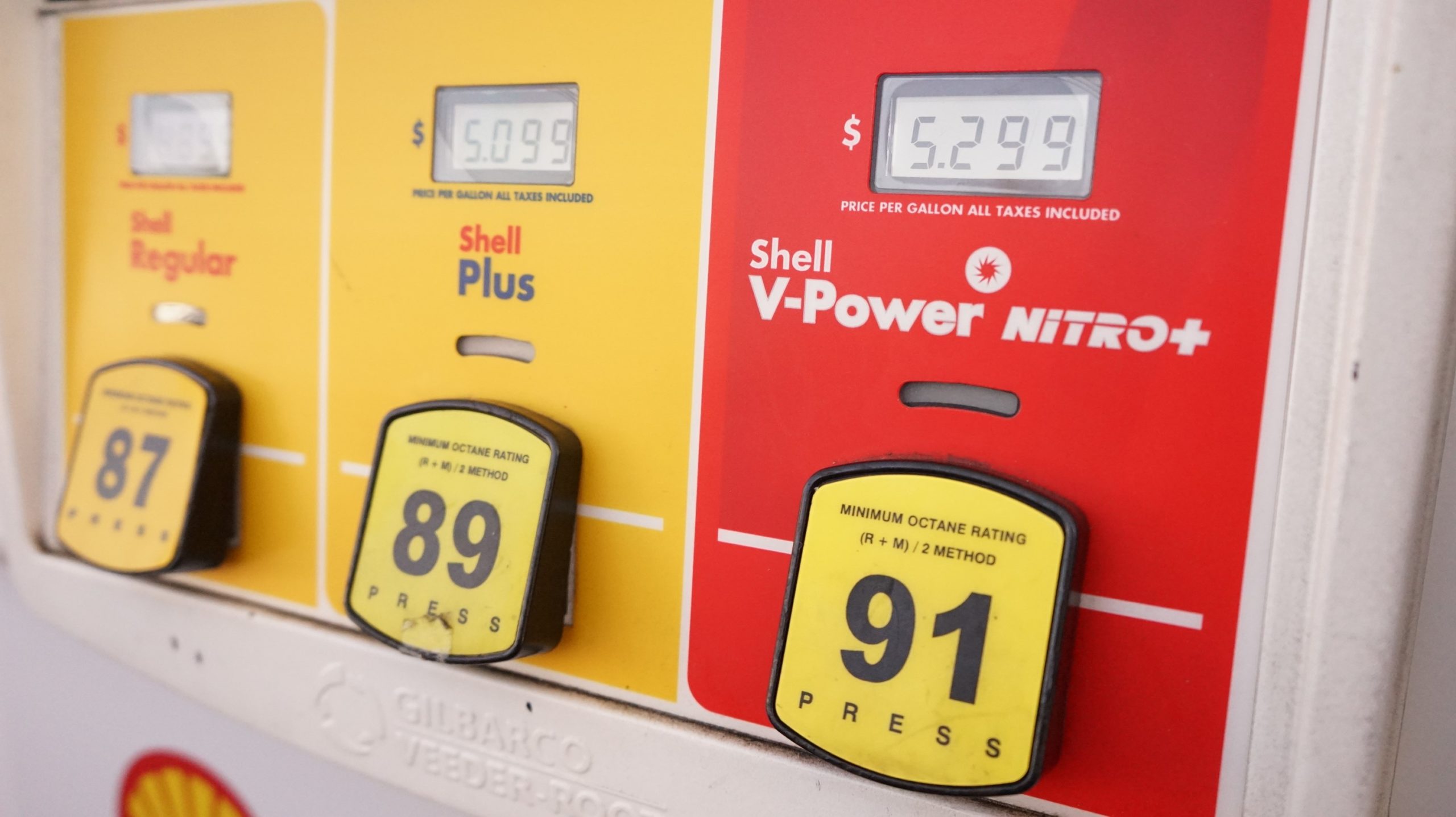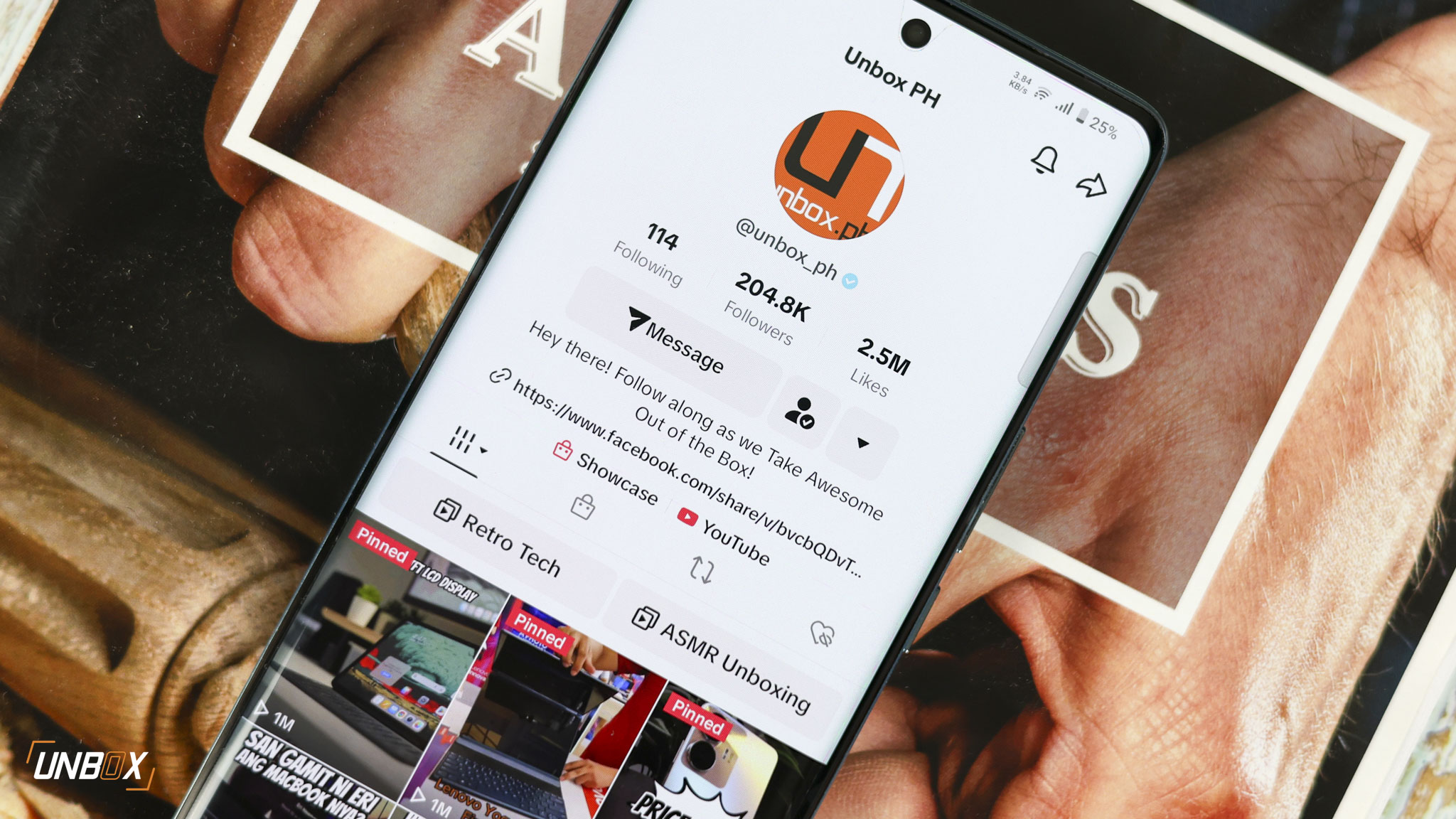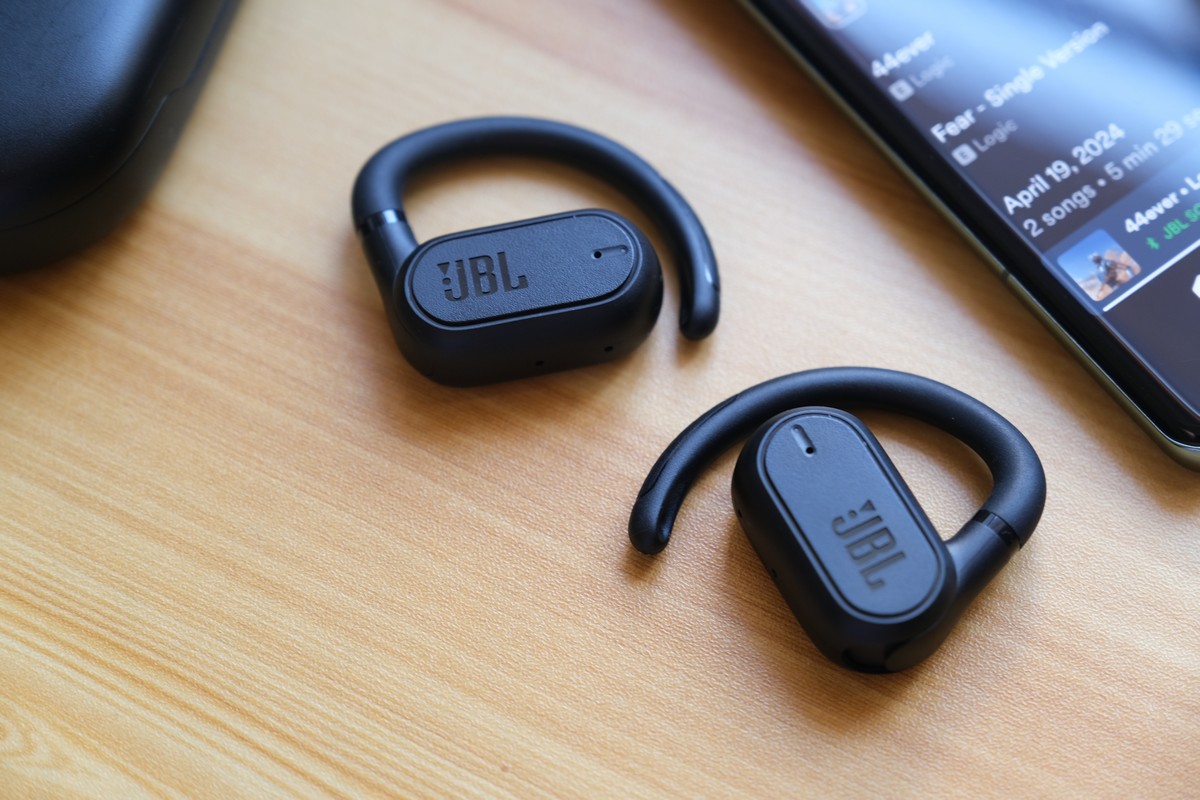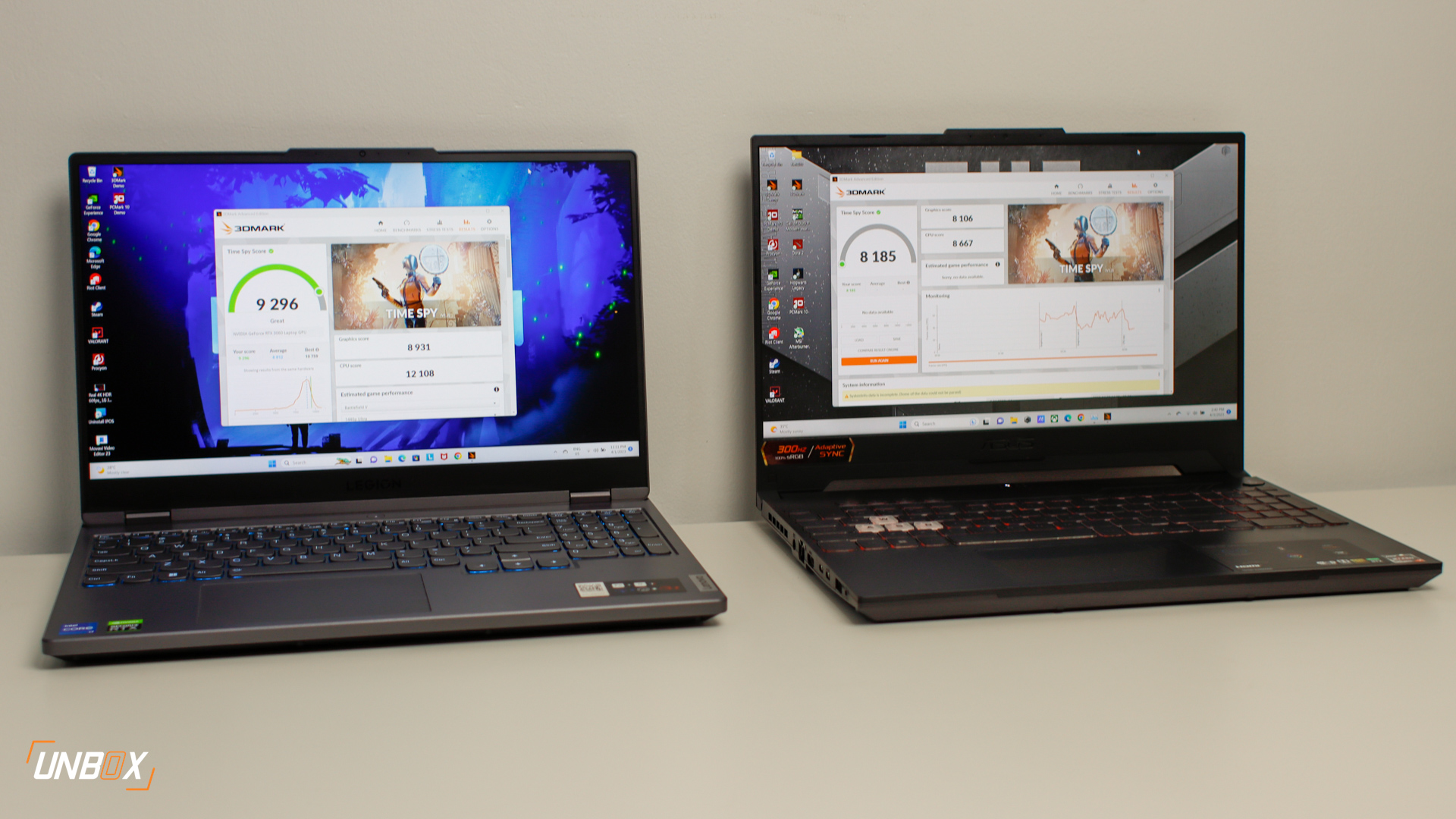Loading up fuel may seem like a no-brainer task, you just go to your nearest fuel station and choose whatever fuel you want — as long as you don’t mix up unleaded with diesel or vice versa. This works all the time, so why the need to complicate such a simple thing, right? Well, there’s a reason why your car manufacturer has a recommended fuel octane rating for your vehicle.

Before we start, it’s important to understand what octane rating in fuel means. Technically, octane rating is a measure of how heat resistant a fuel is in order to prevent knocking. In simpler terms, it means that it is not a measure of performance but a fuel’s stability under a certain condition. Following the recommended fuel octane is important for two simple reasons: using a lower octane is detrimental to your engine and using a higher octane is totally pointless.
Let’s start with using higher than recommended octane. Sure, there’s nothing wrong with using more expensive and certainly better fuels. However, you are just wasting extra pennies on “premium fuels” with your regular car. Premium fuels are not some kind of performance-enhancing drug that is capable of boosting a car’s performance more than its limit. Indeed, using premium fuels will give you zero difference in performance, emission, and gas mileage. A regular car designed to use 91-octane fuel is incapable of digesting 100-octane fuel, the car will just treat the latter the same as the former. This is why there is no sense in using higher octane fuels.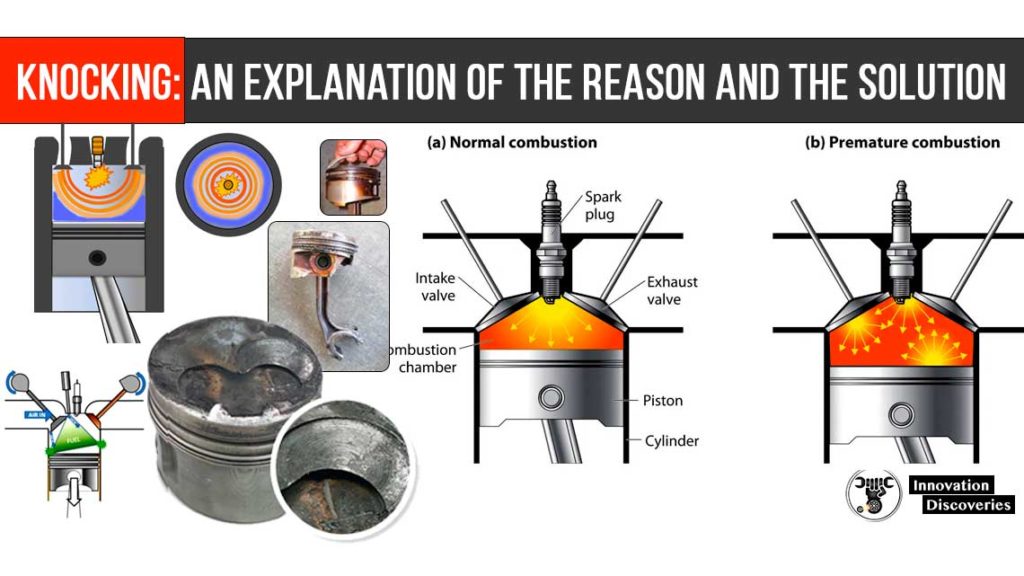
Photo from innovationdiscoveries.space
On the other hand, using fuels with lower octane than recommended is giving your engine a death sentence. It may take some time for the damage to manifest, but it will. The reason is that using fuels with lower octane causes what we call detonation knock or “engine knock.” These are premature explosions that cause internal damage inside a car’s engine. While poor engine performance with low-octane fuels is tolerable, the repair bill, once the engine becomes inoperable, is certainly not. So, don’t cheap out on fuel!
These are the reasons why one should stick with the manufacturer’s recommended fuel octane rating. These ratings are usually found in your instrument panel, gas tank cover, and owner’s manual hence they are easy to find. It won’t hurt to know what fuel you should feed your car with.


